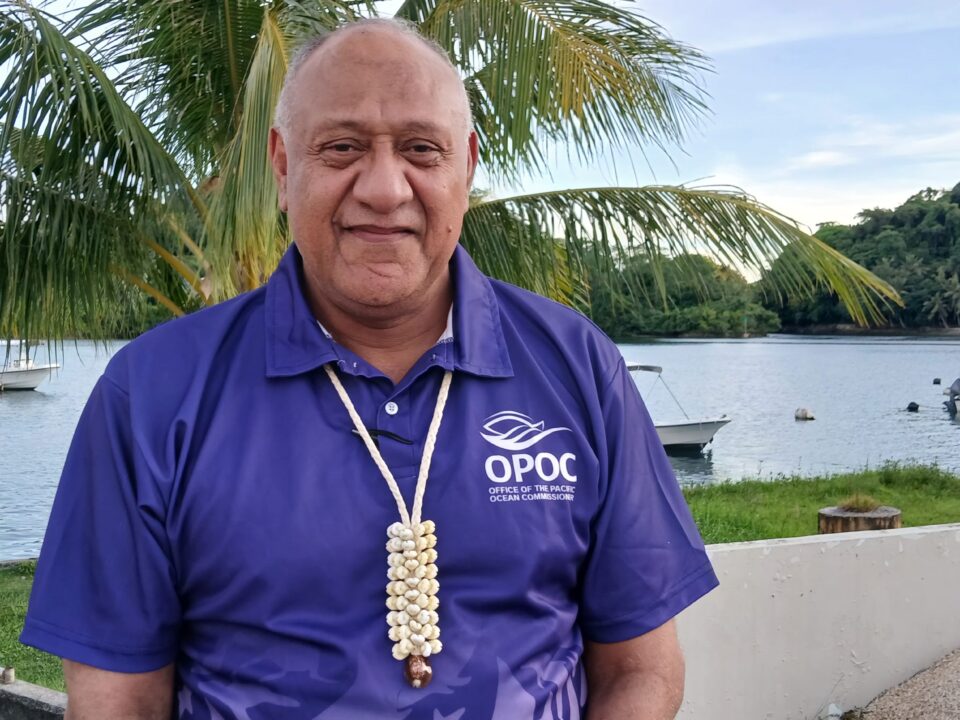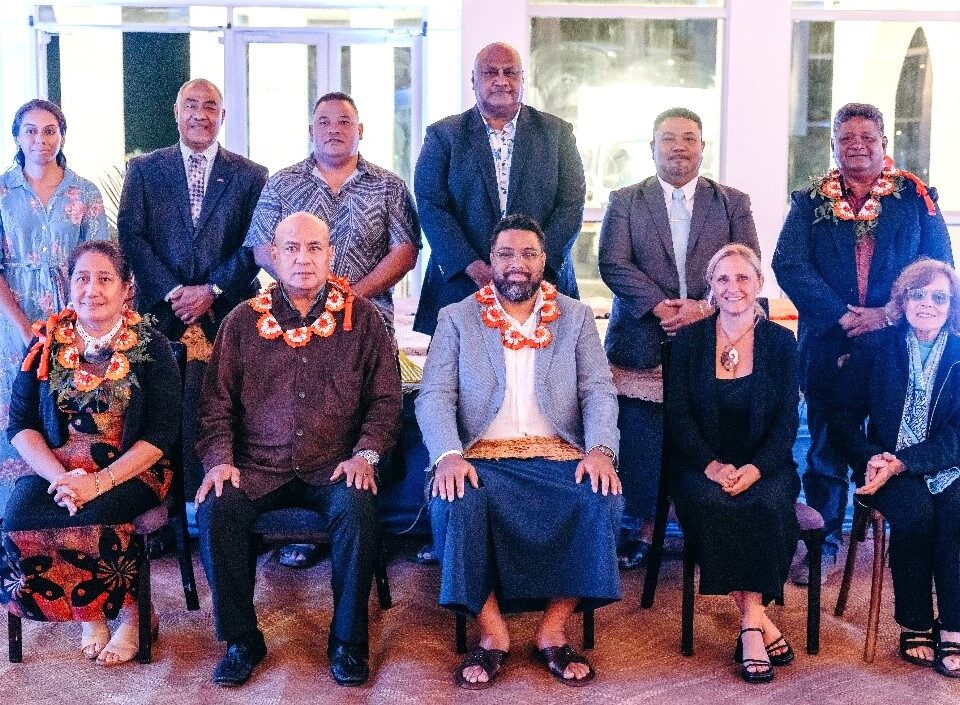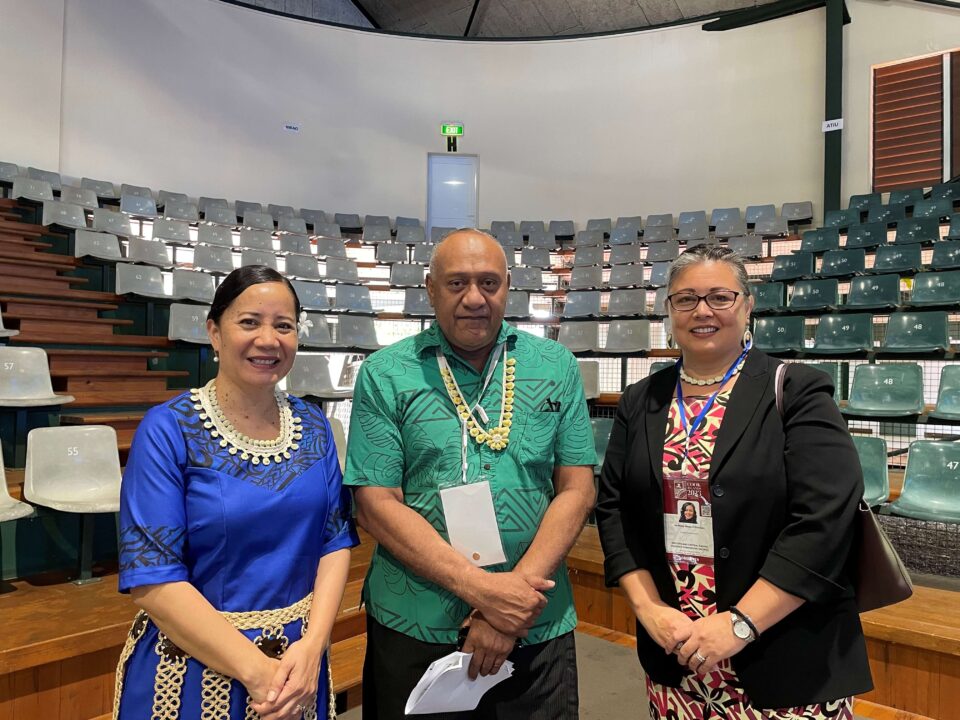
As negotiations on a new treaty on biodiversity in areas of the ocean beyond national jurisdiction enters its third day, the focus was on whether areas requiring protection through area-based management tools (ABMTs) – including marine protected areas – should be determined on the basis of “precautionary principle” or “precautionary approach”.
While delegations were divided in that regard, they were broadly in agreement that the proposed treaty – expected to be concluded in the first half of 2020 – should refer to the “establishment” of such areas, rather than “designation”.
Speakers also exchanged views on a list of criteria for identifying such areas, with some questioning some specific items and others calling for the list to be simplified. Some proposed that the list be taken out of the body of the proposed treaty and become an annex instead.
Deliberations on these and other topics are taking place at the UN Headquarters during the third session of the International Conference on an international legally binding instrument under the United Nations Convention on the Law of the Sea on the conservation and sustainable use of marine biological diversity of areas beyond national jurisdiction.
The representative of the European Union delegation said the bloc strongly prefers to speak of the “precautionary principle” in line with the 1992 Rio Declaration, and the “ecosystem approach” in line with the Convention on Biological Diversity. He concurred with the possibility of annexing the list of criteria, but questioned the inclusion of such factors as dependency, economic and social factors, and feasibility.
Speaking on behalf of Pacific Small Island Developing States, representative of the Federated States of Micronesia Martin Zvachula suggested that “cultural factors” be included in the list of criteria, which should also include references to climate change and ocean acidification.
The representative of the United State of America said the U.S would prefer that the list of criteria exclude mention of climate change, but if it does, it should refer to “vulnerability to climate change”.
Kiribati former President and current Permanent Representative to the United Nations Teburoro Tito said his country is very passionate about article 16, given that it is home to one of the world’s biggest marine protected areas. Established a decade ago, it is working well, he said, contributing to a doubling and tripling of Pacific tuna stocks. From the point of view of a small country, he added, Kiribati suggests that the list of criteria be cut down, perhaps by borrowing from the work of existing instruments and organisations.
The current negotiations through to 30 August
Published: PACNEWS



